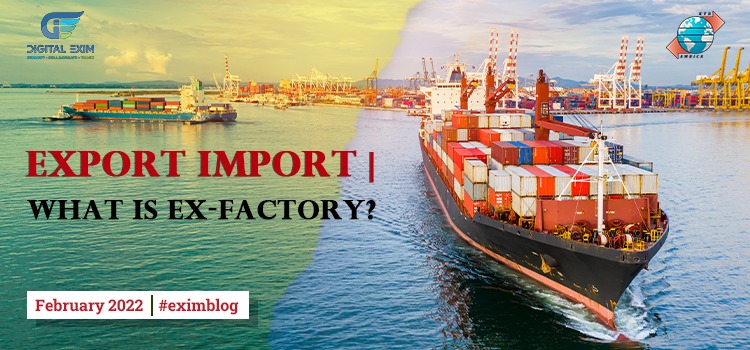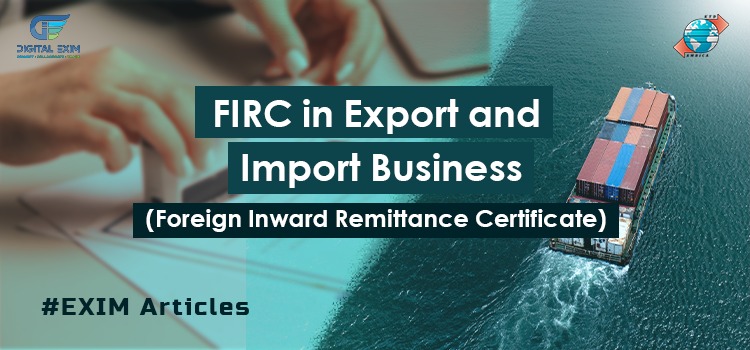Understanding ex-factory is important if you are starting your export import business. Import export training institute explains the best on international trade. Join export and import training by Digital Exim and start your trade with expert guidance. Ex-Factory is the common delivery terms used in export and import. Ex- factory means the selling cost of goods from the seller’s factory. It is a common agreement between seller and buyer. It comes in one of the 11 incoterms. Ex-factory and ex works are same. When the buyer agrees to the ex-factor conditions, he/she takes full responsibility for the documents and the risks involved.
What is Ex- Factory?
- This is a contract option that is particularly beneficial to the seller and less beneficial to the buyer.
- As per ex-factory terms, the buyer is responsible for all the expenses of transportation of goods or any kind of damage during transportation from the seller’s factory to buyer’s premise.
- The seller only has to ensure that goods are available at the place of dispatch.
- The entire process of loading of goods in trucks to covering all the process to deliver them at the location has been under the guidance of the buyer.
- In order to collect goods from the seller’s factory to the buyer’s location, the buyer appoints a shipping and freight forwarding company.
- Because the buyer bears all the cost and work of shipping, the seller is only responsible for making sure that the goods are ready to dispatch when they arrive.
In ex-factory terms the buyer gets a clear picture of all costs he/she has to bear in the export import of goods.
Disadvantages of Ex-Factory?
Ex works terms have the disadvantage of a complicated customs clearance process at the country of origin. The customs clearance can have a number of risks, which the buyer will be responsible for. Clear details of the goods have to be submitted by the seller for clearance, and if there are any inaccuracies the buyer may have to pay extra for the full clearance.
Ex-factory price-
Ex-factory price represents the price at which the goods are offered for shipment by the seller at his/her warehouse or business establishment. When a buyer pays you for the service of picking up goods from your place of business, this is called an ex works price.
Ex-Factory price does not include –
- Pre-carriage
- On- carriage
- Customs clearance
- Cost of loading on collecting vehicle
- Import duties
- Export duties
Conclusion-
By agreeing to the ex-factory terms, a buyer can get an accurate picture of all the costs associated with the import and export of the goods. As a result of the EXW option, the seller does not have to bear transport costs or risks. Import export training in India makes leading entrepreneurs. To live your dream of import export business, join our live webinar that too totally free. Click the link given below. https://chat.whatsapp.com/Bqz4SWH55nSGtKj3GnJAC8 Do visit our website to know more!










